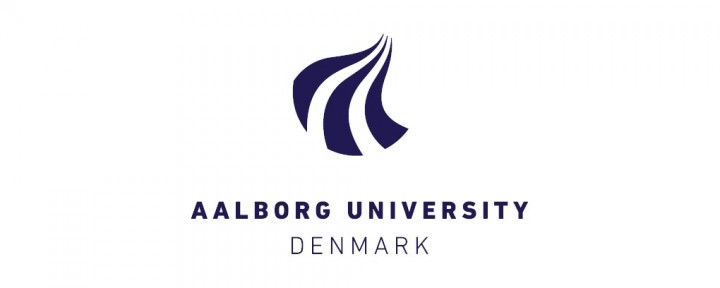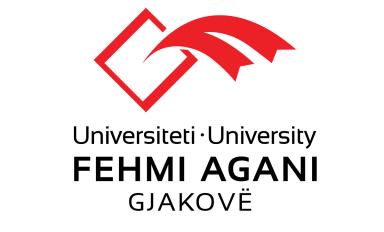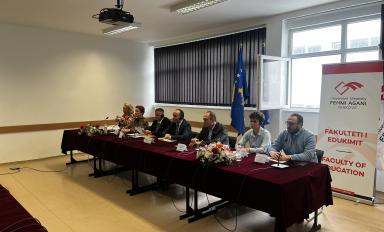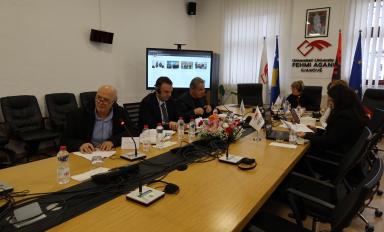
DRIVE project partner - University of Aalborg in Denmark, published the research "Learning based on problems during the COVID-19 Pandemic"
Aalborg University in Denmark is one of the partners in the DRIVE project, that the University "Fehmi Agani" in Gjakova carries out joint work.
Funded by the Independent Research Fund of Denmark, on the topic "Learning based on problems during the COVID-19 Pandemic: Can project groups save the day?", The University of Aalborg in Denmark discusses this topic in this issue of its journal that coronavirus disease (COVID-19) has had major negative consequences on health and the economy, but has also paved the way for innovation and creativity. Among other things, as it is pointed out in this magazine, it has made higher education institutions all over the world rethink how teaching takes place.
The introduction of the paper examines the provision of lessons learned from a case study of how a Danish university, focused on problem-based learning (PBL), decided that the semester would make it continue in a digital format, which in a way effectively made the university fully digital with little warning or preparation. Specifically, how digital PBL in project groups turned out to have a positive impact on student motivation during blocking.
Challenges of online teaching
After further review of the empirical data, it was found that both students and teachers found the technical aspects of teaching online. From a learning standpoint it worked better than they had expected. Students also noted that online learning had some limited social interaction challenges.
Specifically, they noted that:
1. They had a hard time concentrating when they were alone at home in front of a small screen all day and
2. They lost the change and interaction of learning activities on campus.
The University of Aalborg in Denmark has a long tradition of using PBL as the central educational principle behind all activities to teach students. PBL as a method relies on the idea that students learn better while being engaged in authentic problem solving.
Researchers also refer to a lesson such as projected or collaborative PBL in which students work in project groups to define, analyze, and solve a professional problem in the workplace.
The group project accounts for 50 percent of the student grade for the semester, thus spending approximately 50 percent of the student time. The group project focuses on providing a social structure that gives students the opportunity to: 1) work closely with their colleagues in the project group, 2) apply knowledge gained from lectures on practical problems, and 3) collaborate with private organizations or public to understand the complexity of the problem and the possible solution in a real world environment.
Online teaching
The COVID-19 pandemic triggered a surprise experiment in online learning and digital PBL at the University of Aalborg. The Faculty of Social Sciences was canceled or postponed as almost all teachers and students started using digital solutions. The MS package turned out to be the most used platform.
Authors of this magazine are:
Christian Ravn Haslam, Associate Professor of Teaching at the Department of Politics and
Society, University of Aalborg, Denmark.
Sabine Madsen, Associate Professor in the Department of Politics and Society, University
Aalborg, Denmark.
Jeppe Agger Nielsen, Professor in the Department of Politics and Society, University of Aalborg, Denmark.

 Biblioteka fizike
Biblioteka fizike .jpg)



